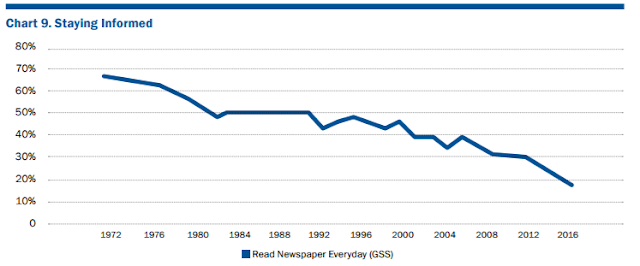A Practical Guide to Service Learning

by Jennifer Conlon, Regional Teacher Mentor, North Cook County Jennifer Conlon teaches Government, ESL through AP, at Maine East High School. She serves as the Regional Mentor for North Cook County. A former attorney and Congressional staffer, she enjoys making democracy accessible to all her students and is delighted to help others do the same. Over the past several years, she has worked to include service learning in her classes and to make simulations increasingly authentic. Jennifer has created a booklet to guide her students through a service-learning project. Jennifer introduces this resource below. Teachers repeatedly indicate that service learning is the requirement of the new state civics statute they find most difficult to implement. There is a lot of helpful literature about this, too, from a taxonomy of participants to suggestions for service. Teachers want to give students agency and an authentic, reflective experience without overwhelming them. Like eve...





